Noisy Brakes – Why They Squeal and How to Fix Them
If your car sounds like it’s crying every time you tap the brakes, you’re not alone. A squeak, grind, or rattling noise can be annoying, but it’s also a warning sign that something needs attention. Ignoring the sound can lead to more damage, higher repair costs, and even safety risks. Let’s break down what’s causing the noise and what you can do about it right now.
Common Reasons for Noisy Brakes
The most frequent culprit is worn brake pads. When the friction material gets thin, the metal backing can rub against the rotor, creating a high‑pitched squeal. In many cars you’ll also hear a metallic grind when the pads are almost gone – that’s the wear indicator metal hitting the rotor.
Another common source is dust or debris trapped between the pad and rotor. Small stones, rust particles, or even road grime can act like a sandpaper, making a harsh scrape every time you brake. A quick visual check can often spot this problem.
Glazed pads or rotors are less obvious but just as noisy. Overheating from heavy braking or riding the brakes can melt the pad material, leaving a smooth, shiny surface that doesn’t bite. The result is a squeaky, sometimes hollow sound that disappears when you press harder.
Loose hardware is another hidden cause. If the caliper pins, shims, or anti‑rattle clips aren’t secured, they can vibrate against the brake components, producing a constant rattling noise. This usually gets louder at low speeds and stops when you speed up.
Simple Checks & When to Call a Pro
First, park on a flat surface, pop the wheel nuts, and take off the wheel. Look at the pad thickness – most pads should be at least 3 mm. If they’re thinner, it’s time for a replacement.
While the wheel is off, spin the rotor by hand. Feel for any rough spots or ridges; a smooth, consistent feel means the rotor is likely okay. If you feel grit or hear a grinding noise, the rotor may need machining or replacement.
Give the brake assembly a gentle shake. Any loose parts will move noticeably. Tighten any bolts you can reach, but don’t over‑tighten – you could strip the threads.
If you spot dust or rust, a simple brake cleaning spray can clear the surface. Spray the pads and rotors, let it dry, then brake lightly a few times to wipe away leftovers.
When the noise persists after these checks, it’s time to head to a professional. At Northwich Tyres Centre we can inspect your brakes, replace pads, resurface rotors, and tighten hardware to get the noise out for good. Trying to drive with unknown brake issues is risky, especially on wet or hill‑filled roads.
Bottom line: noisy brakes are a sign that something’s wearing out or out of place. A quick visual inspection can save you from a bigger repair, but don’t hesitate to get expert help if the sound doesn’t disappear. Safe brakes mean a safer drive.
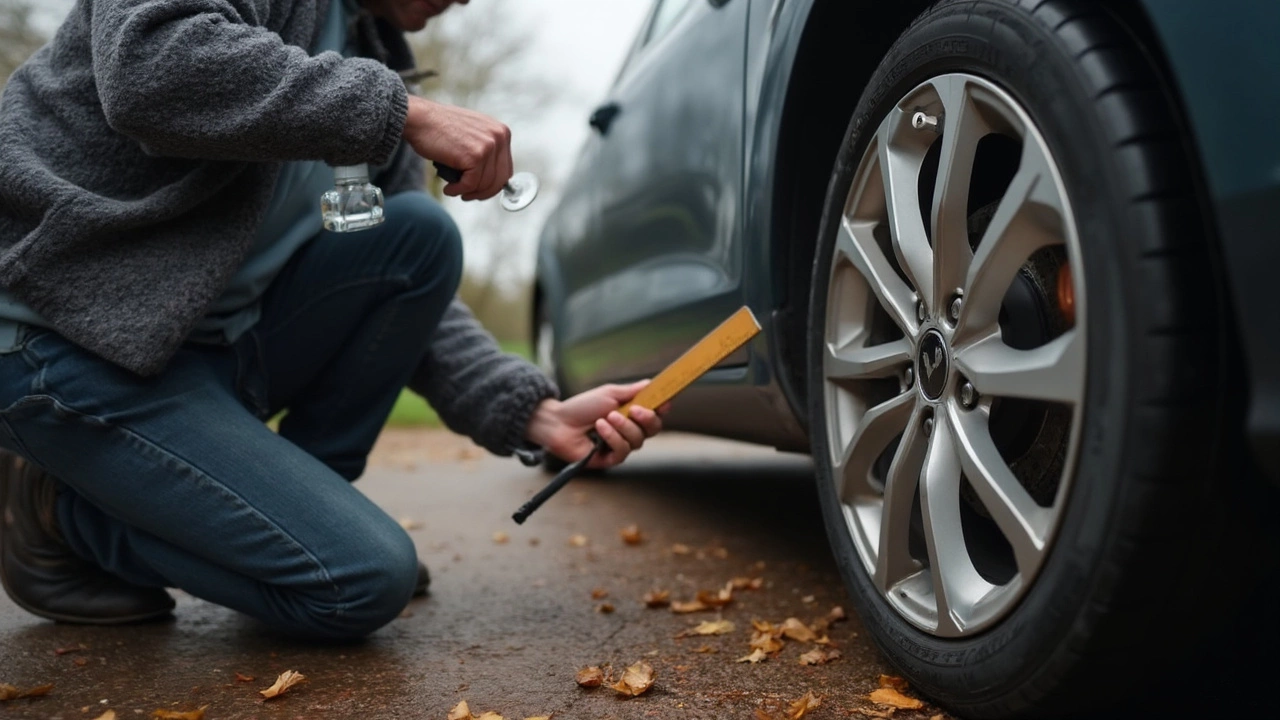 23 April 2025
23 April 2025
Brake Pads Worn Out? Spot the Red Flags Before It's Too Late
Not sure if your brake pads are shot or still have some life in them? Knowing the signs can save you from scary stops or an even scarier repair bill. This article breaks down all the classic warning signals that your brake pads are worn out. You'll find relatable tips, easy inspection tricks, and why ignoring these signs could cost you more than just money. Stay safe on the road and keep your brakes in top shape.
Latest Posts
Tags
- car maintenance
- engine oil
- spark plugs
- brake pads
- engine performance
- vehicle maintenance
- spark plug replacement
- windshield wipers
- fuel pump
- suspension parts
- clutch replacement
- oil change
- clutch kit
- car suspension
- car performance
- air filters
- car radiator
- exhaust systems
- fuel pump replacement
- engine misfire

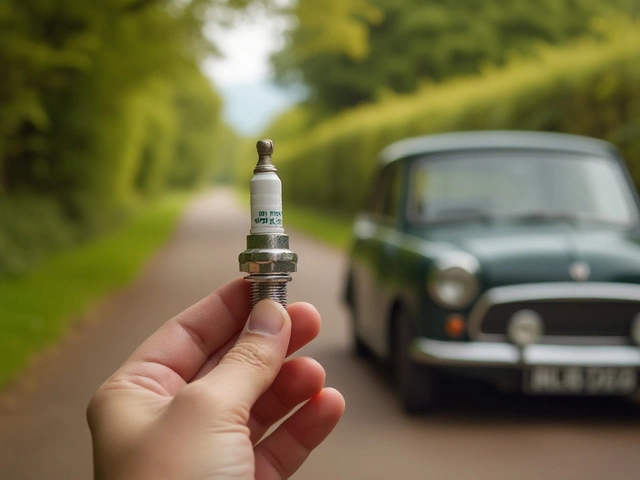
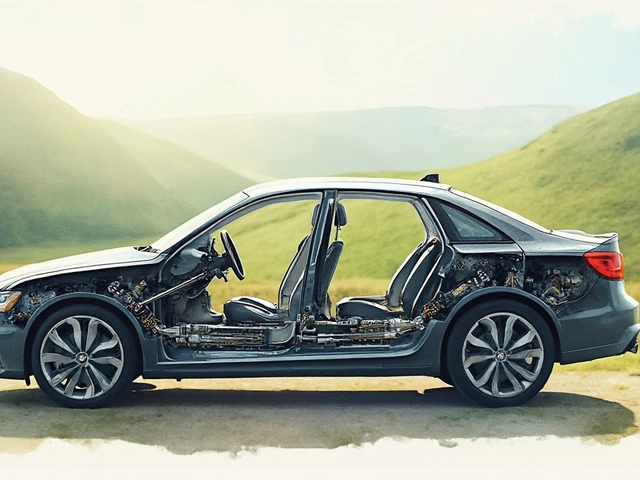
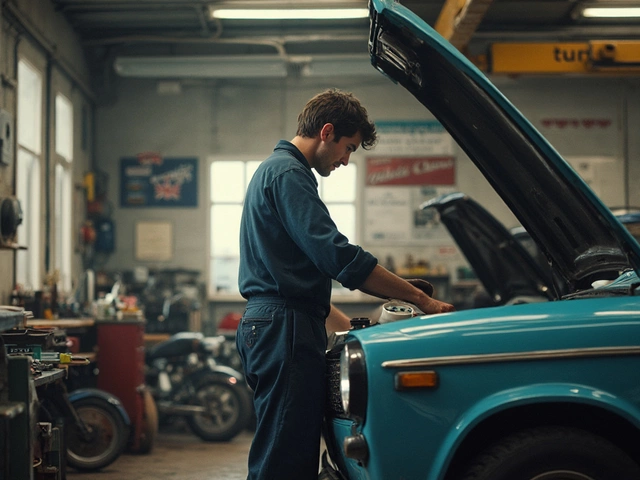
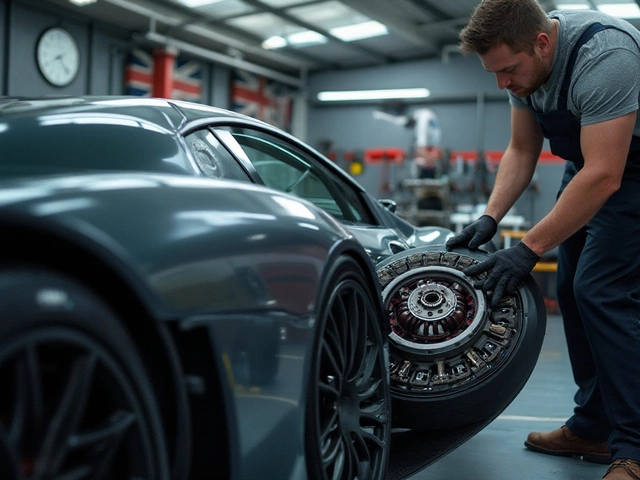

0